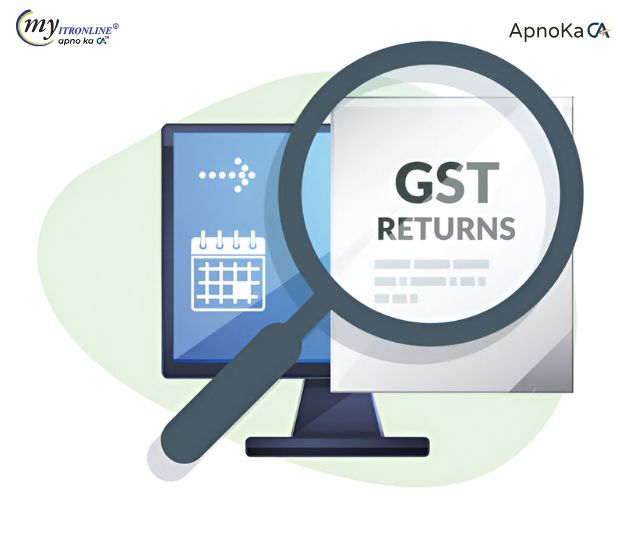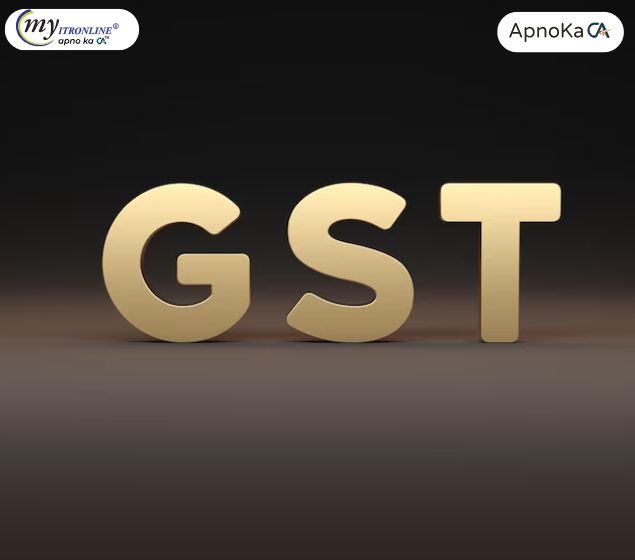# gstcompliance
12 posts in `gstcompliance` tag

GSTR-1/1A Table 12: Brace for Impact – Key Updates & Compliance Steps
The GSTN has rolled out crucial Phase-III changes to GSTR-1/1A Table 12, effective from April/May 2025. Key updates include the bifurcation of Table 12 into separate B2B and B2C sections, mandatory HSN/SAC code selection via dropdowns, and the introduction of value validations (initially in warning mode). This summary details these modifications, their impact on taxpayers based on AATO, and essential preparation steps to ensure smooth compliance.

New GSTN Rule: Consolidated B2C HSN Summary Required in GSTR-1
The recent Infosys GSTN update has made it mandatory to include a consolidated HSN (Harmonized System of Nomenclature) summary for all B2C (Business-to-Consumer) transactions in GSTR-1 filing. Earlier applicable mainly to B2B and high-value B2CS invoices, this significant change now requires businesses to classify and report even small B2C sales by HSN code. The update aims to improve transparency, data accuracy, and tax compliance. This blog details the key implications for businesses, steps for reporting the B2C HSN summary in Table 12 of GSTR-1, HSN digit requirements, and best practices to ensure seamless compliance under the new GST regime.
.jpg)
Attention GST Filers: Understanding GSTN's May 2025 Advisory on GSTR-3B Table 3.2
This post explains the GSTN advisory from May 2025 regarding Table 3.2 of GSTR-3B. It covers the table's purpose (reporting inter-state supplies to unregistered persons, composition taxpayers, and UIN holders), the previous plan for auto-population and making the table non-editable, the recent deferral of this change due to taxpayer feedback, and highlights the continued importance of accurate GSTR-1 filing despite Table 3.2 currently remaining editable. It serves as a guide for GST filers on this specific clarification.

GST Refund Process for Deemed Export Buyers: An In-Depth Look with GSTN Updates
This blog post provides an in-depth guide on navigating GST refunds for recipients of deemed exports, drawing insights from recent GSTN advisories. It covers the definition of deemed exports, the importance of GSTN guidance, the step-by-step refund filing process, essential documentation, common challenges, and how to stay updated.

Invoice-wise Reporting Feature in Form GSTR-7: An In-Depth Analysis
This blog post provides a detailed analysis of the newly introduced invoice-wise reporting feature in Form GSTR-7 under GST. It explains the changes, benefits for both deductors and deductees, the current implementation status, and how businesses can prepare for this significant update in TDS reporting.

Important Update: IRN Generation to Become Case-Insensitive from June 1, 2025
The GSTN requires that starting June 1, 2025, IRN generation for invoices be case-insensitive, which will involve converting all invoice numbers to uppercase to avoid duplication. Companies need to adjust their systems accordingly to ensure easier compliance with this new requirement.
.jpg)
Everything You Need to Know About GSTR-1 & IFF for High-Value B2C Sales
This detailed guide covers the reporting obligations for GSTR-1 and IFF regarding B2C interstate transactions that surpass 1,00,000. Discover the essentials of compliance, necessary documentation, and optimal practices for precise GST filing.
.jpg)
GST Amnesty Program as per Section 128A: Seize this Chance! Submit Your Application by 31st March 2025.
This document outlines the GST Amnesty Scheme as per Section 128A, which provides waivers for penalties related to late GST submissions. Understand the criteria for eligibility, the advantages, and the detailed steps for applying prior to the deadline of March 31, 2025.
.jpg)
Mandatory ISD Registration Under GST from April 1, 2025: Who is Affected?
This blog offers a detailed examination of the compulsory ISD registration under GST, which begins on April 1, 2025. It discusses the importance, the registration procedure, and the effects on businesses. Keep yourself updated and compliant with this thorough guide.
.jpg)
GST Rules for Casual and Non-Resident Taxpayers: A Detailed Comparison
This blog offers an in-depth comparison between Casual Taxable Persons (CTP) and Non-Resident Taxable Persons (NRTP) within the framework of GST. It discusses their definitions, registration procedures, compliance obligations, Input Tax Credit (ITC), and operational characteristics for both groups. Stay updated and adhere to regulations with this all-encompassing guide.
.jpg)
Avoid These 10 Costly Errors When Filing Your GST Returns
Businesses must appropriately file GST returns in order to avoid fines and compliance problems. The top ten typical errors committed while completing a GST return are highlighted in this blog, including late filings, mismatched ITC claims, and inaccurate invoice data. Find out how to avoid these mistakes and guarantee smooth GST compliance.
.jpg)
Scheme for Waiving Late Fees on GSTR-9 and GSTR-9C: File by March 31, 2025
For GSTR-9 and GSTR-9C filings, the GST administration has implemented a late fee relief program. To avoid penalties, submit your unfiled taxes by March 31, 2025. The waiver terms, the revised late charge schedule, and how to file your returns are all explained in this blog.
